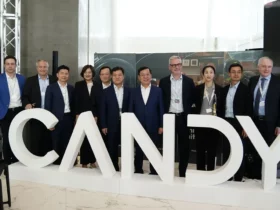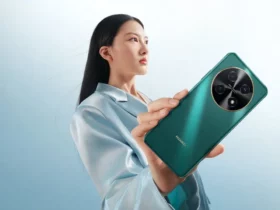In other articles we have raised the non-trivial legal problem of liability in the event of self-driving car accidents. Which is not easy to divide between the driver (or in any case who is in the driver’s seat), the company that produces the car and the one that developed the driving software.
The answer could come from recent EU proposal on artificial intelligence, which updates the rules on strict liability and on the possibility for users to seek compensation for damages.
Not only self-driving cars will be involved but also, for example, drones and delivery services.
The EU Commission published a note on Wednesday 28 September in which it explicitly stated that it had advanced two proposals to adapt liability rules to the digital age, the circular economy and the environmental impact.
There are therefore two bills: a (revised) directive on faulty product liability, which now includes digital ones, and a directive on artificial intelligence liability.
EU and defective digital products: new rules
The first directive aims to modernize the existing rules on the strict liability of manufacturers for defective products.
The revised rules will ensure legal certainty for businesses, which will then be able to invest in new and innovative products. Most importantly, they will enable victims to obtain fair compensation for damage caused by defective products, including digital and refurbished products.
In this sense, compensation will be contemplated “for damage caused by products such as robots, drones or home automation systems, which have become unsafe following updates to the software, AI services or digital services necessary for the functioning of the products themselves, as well as when manufacturers do not remedy the existing vulnerabilities in terms of cybersecurity. “
Greater equity
The Defective Products Directive also aims to allow consumers who suffer harm caused by unsafe products imported from third countries to claim compensation from the importer or manufacturer’s representative in the EU.
A will also be introduced greater flexibility in the deadlines for submitting complaints. And the burden of proof will be lightened for the injured in complex cases, such as those concerning artificial intelligence.
EU and artificial intelligence: what changes
The second directive, which concerns the responsibility of artificial intelligence, is more subtle.
Here, in fact, for the first time, Commission proposes targeted harmonization of national liability rules for AI, streamlining the ability to claim compensation from AI-related damage.
The new rules will allow those who have suffered damage caused by products or services based on artificial intelligence to benefit from the same levels of protection that they would enjoy if the damage were attributable to any other circumstance.
More uniform rules
The directive aims to establish uniform rules for access to information and, here too, the easing of the burden of proof for damage caused by artificial intelligence systems.
Some rules will be harmonized for actions outside the scope of the Product Liability Directive, when the damage is caused by misconduct.
It will be for example facilitated the obtaining of compensation by persons who are victims of discrimination during a recruitment process that involves the use of technologies based on artificial intelligence.
The Commission’s proposals will now have to be adopted by the European Parliament and the Council.
The statements
Vice-President for Values and Transparency Věra Jourová said: “We want artificial intelligence technologies to thrive in the EU, and for this to be possible, people need to have confidence in digital innovations.. With today’s proposal on civil liability for artificial intelligence, we are providing consumers with means of redress in the event of damage caused by it, so that they can benefit from the same level of protection as they enjoy in the case of traditional technologies, and we guarantee legal certainty for our internal market. “
Internal Market Commissioner Thierry Breton said: “The Product Liability Directive has been a cornerstone of the internal market for forty years.. Today’s proposal will make it fit to respond to the challenges of the coming decades. The new rules will take into account global value chains, promote innovation and consumer confidence and ensure greater legal certainty for companies participating in the green and digital transition. “
And the Commissioner for Justice Didier Reynders: “In keeping in mind the enormous potential of new technologies, we must always guarantee the safety of consumers.. Having adequate protection standards for EU citizens is the basis for consumer confidence and therefore for the success of innovation. New technologies like drones or AI-managed delivery services can only work if consumers feel safe and secure. Today we are proposing modern liability rules that will respond precisely to this need. We are adapting our legal framework to the realities of digital transformation. “















Leave a Reply
View Comments